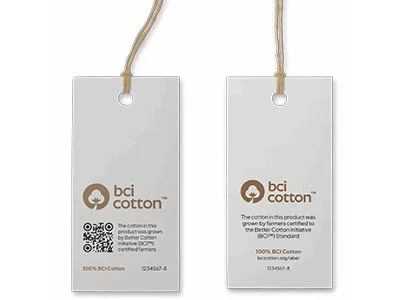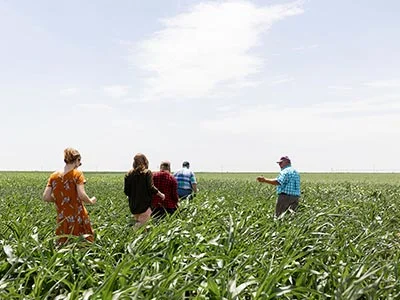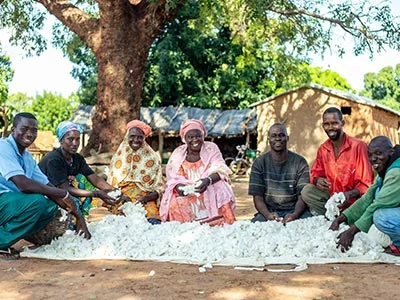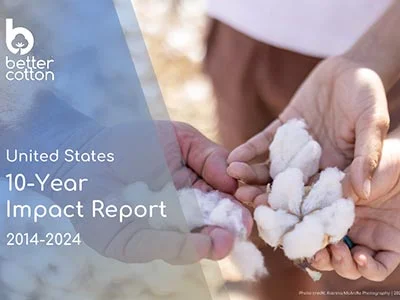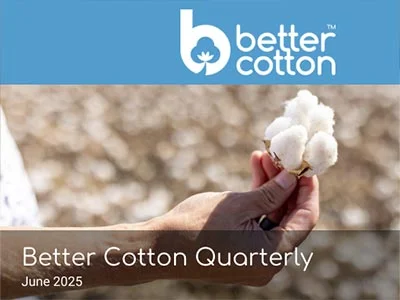The Better Cotton Initiative (BCI) is delighted to be partnering with the FAO Global Soil Partnership to promote sustainable soil management.
Soil health is one of the seven Better Cotton Principles and Criteria, which lay out the global definition of Better Cotton. Soil is one of the fundamental assets for any farmer. However, poor soil management can lead to poor yields, depletion of soils, wind erosion, surface runoff, land degradation and climate change. A better understanding and use of the soil can lead to a significant increase in the quality and quantity of yields and large cost reductions in fertilisers, pesticides and labour, while there is also the potential for healthy soil to act as a carbon sink, mitigating against climate change. Sustainable soil management has the ability to create numerous positive outcomes for both the environment and farming communities.
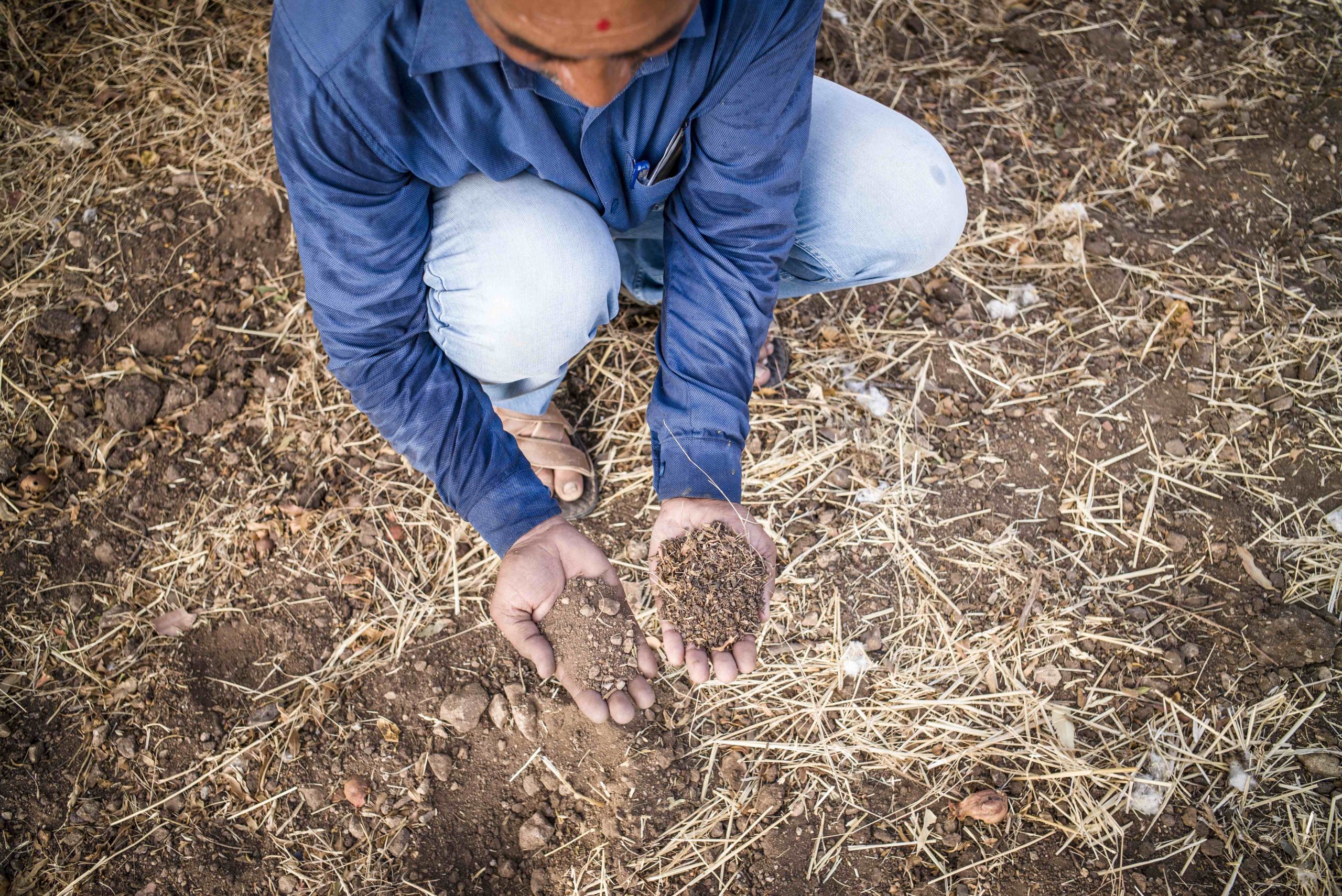
Photo Credit: Better Cotton/Florian Lang
Location: Surendranagar, Gujarat, India. 2018.
Description: Better Cotton Farmer Vinodbhai Patel is comparing soil from his field with the soil from a neighboring field.
The Global Soil Partnership (GSP) was established in 2012 as a way of developing strong interactive partnerships and collaboration between stakeholders working with soils. The partnership manages a portfolio of global programmes designed to improve soil governance and to promote sustainable soil management.
“Better Cotton is delighted to be engaging in a fruitful collaboration with the Global Soil Partnership. Through the implementation of two pilot projects, Better Cotton will receive significant support to work with national governments, agricultural stakeholders and farming communities to build the capacity of cotton farmers on sustainable soil management practices.” – Gregory Jean, Standards and Learning Manager, Better Cotton Initiative.
Through the collaboration with the Global Soil Partnership, Better Cotton is undertaking two pilot projects:
The Soil Doctors programme promotes the establishment of a farmer-to-farmer training system and aims to build the capacity of farmers on the practice of sustainable soil management. By doing so, it seeks to:
- Support governmental agencies and organisations working on agricultural extension services at the field level.
- Support field research based on interactions between the Soil Doctors representatives and universities and research institutes, including providing access to demonstration and experimental fields.
- Promote the concept of soil testing prior to recommendations on soil management.
Better Cotton implemented a Soil Doctors pilot programme in Mali in April, and plans to roll the programme out in Mozambique later this year. Better Cotton ’s Implementing Partners in Mali (The Compagnie Malienne pour le Développement des Textiles) and Mozambique (TBC) will receive specialist training from experts from the Global Soil Partnership network, as well as access to demonstration plots, experimental fields, educational material and soil testing kits.
RECSOIL is a ‘Payment for Ecosystem Services’ (PES) scheme, whereby qualifying projects are given financial incentives and awarded credits based on the volumes of carbon sequestered in the soil and on the reduction on GHG emissions. This approach encourages more sustainable farming practices, while also creating an additional source of revenue for farmers.
Farmers are the central pillar of RECSOIL as they are the ones who can make a difference by adopting good practices that maintain carbon in the soil. They will then benefit from technical support and financial incentives for adopting and implementing these practices. Better Cotton is currently working with Global Soil Partnership to design a small pilot project in India – this has been delayed due to the Covid-19 situation, but testing will resume in the coming months.
Both the Soil Doctors and RECSOIL programmes are designed to allow farmers to make immediate and responsible decisions on soil management. Further updates on the pilots will be shared later in the year.






